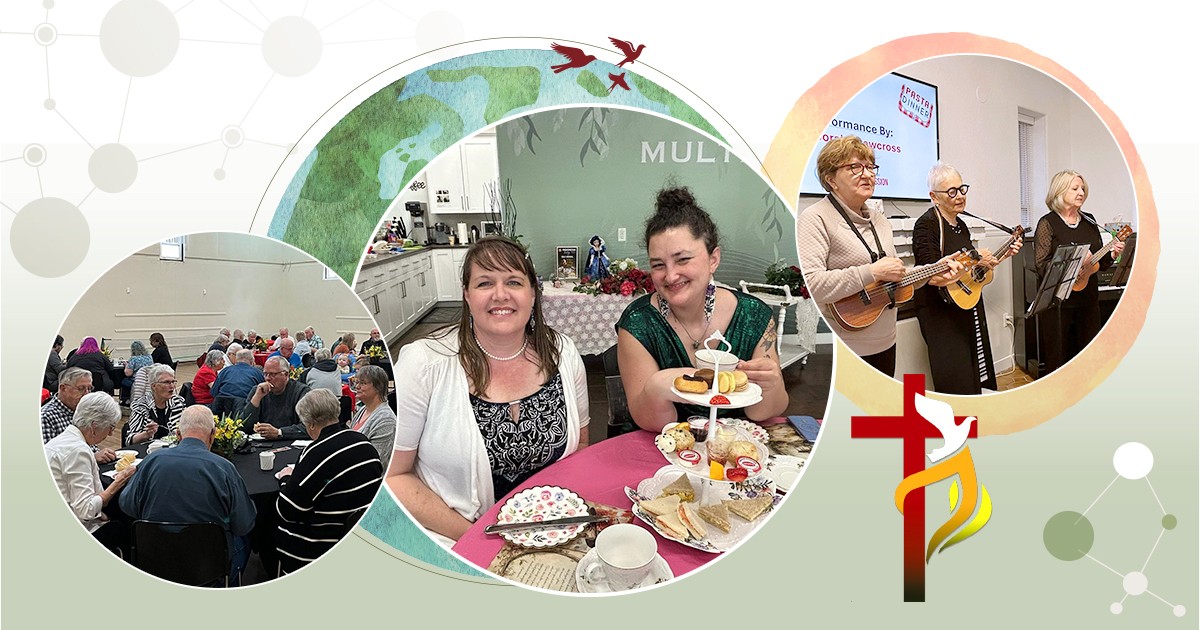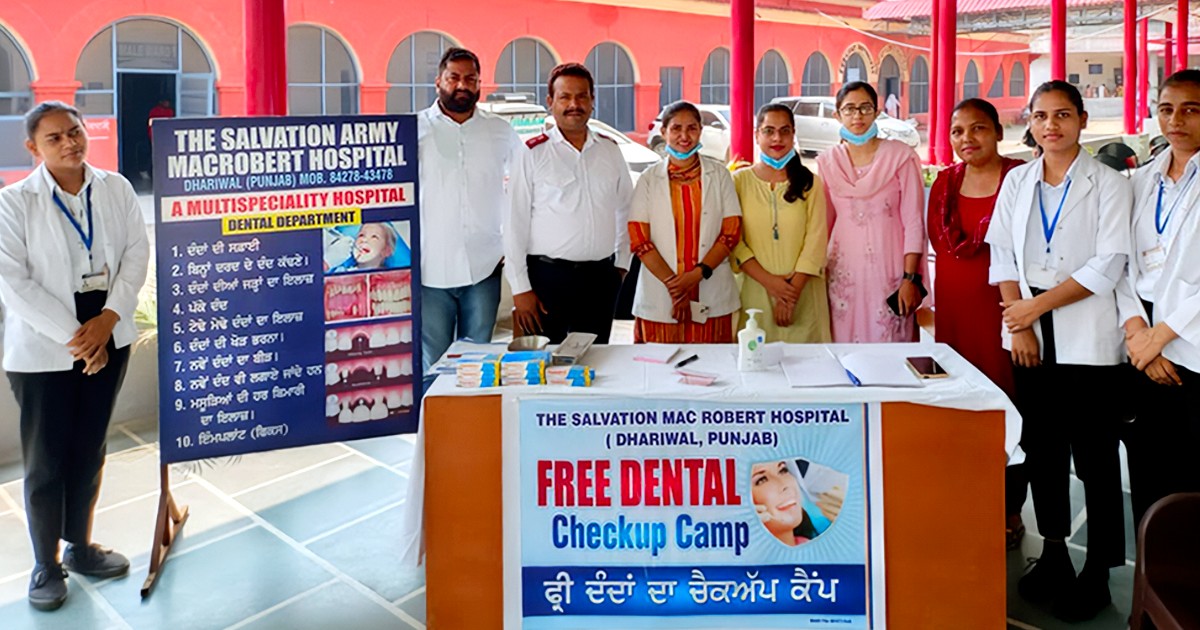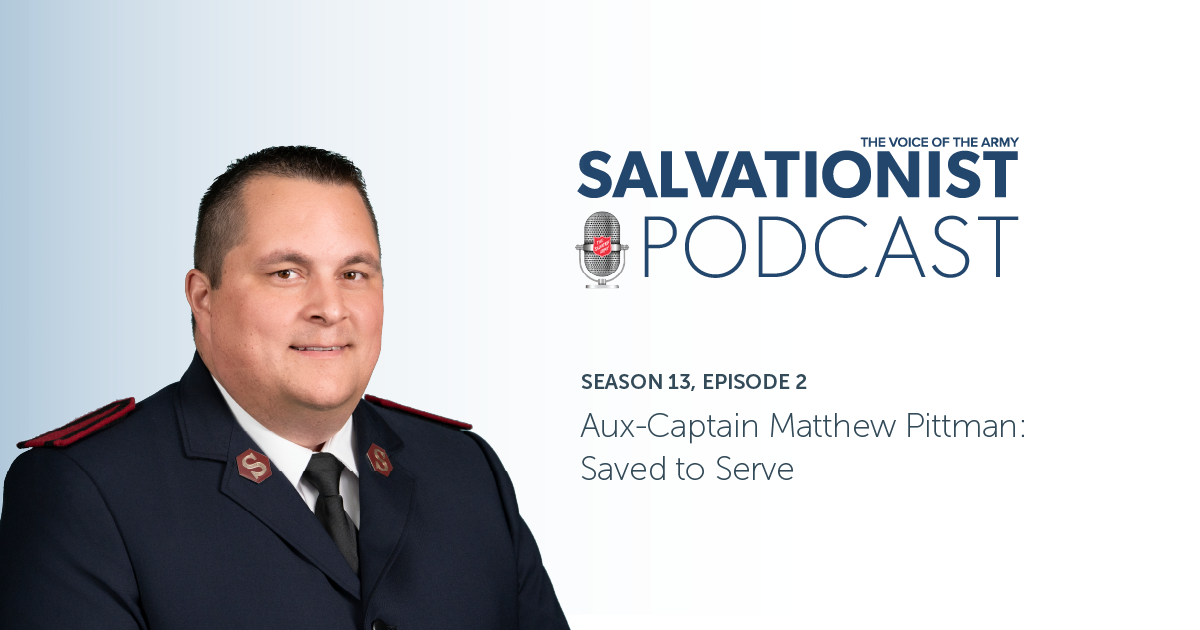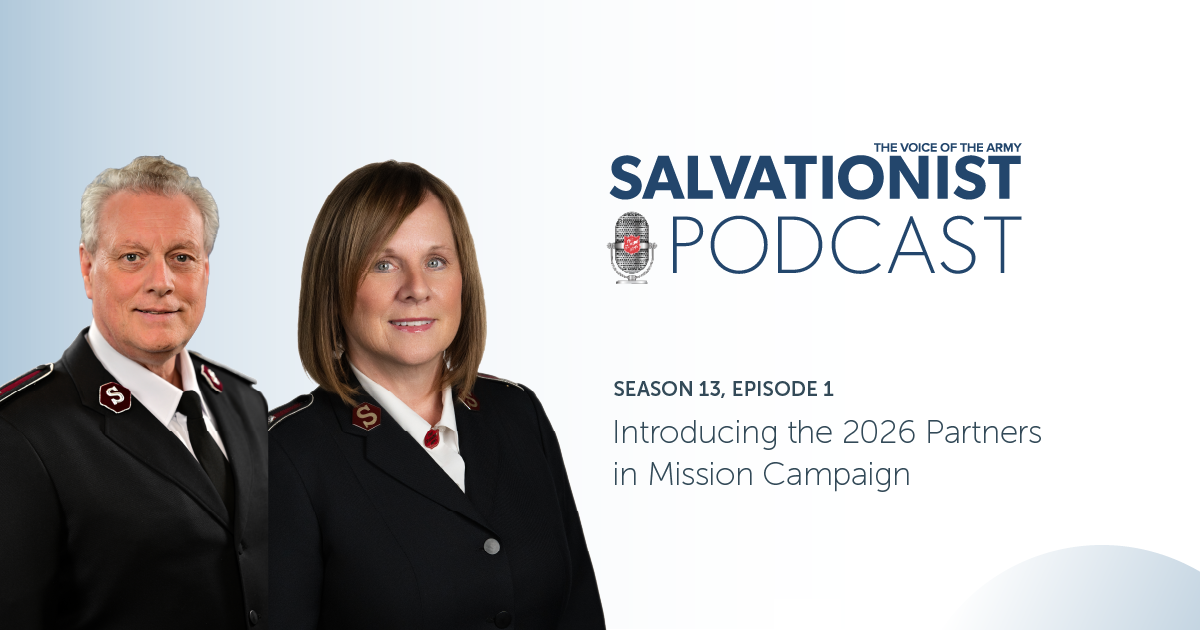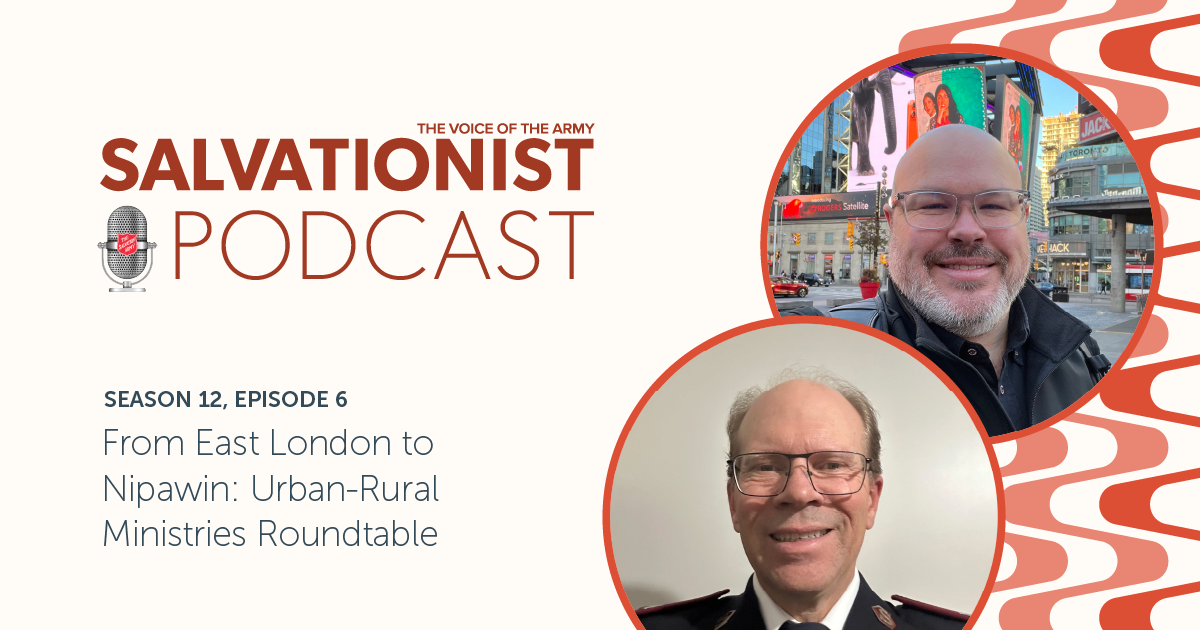For God's Global Work
Partners in Mission initiatives raise funds —and excitement—across the territory.
By Abbigail Oliver and Kyle Mangio FeaturesEvery year, ministry units in Canada and Bermuda collectively rally to raise funds for The Salvation Army’s international work through the Partners in Mission Self-Denial Campaign. For some, this means—as the campaign name implies—denying oneself a cup of coffee so the money can be given to the campaign. For others, it means putting their heads
Read More




